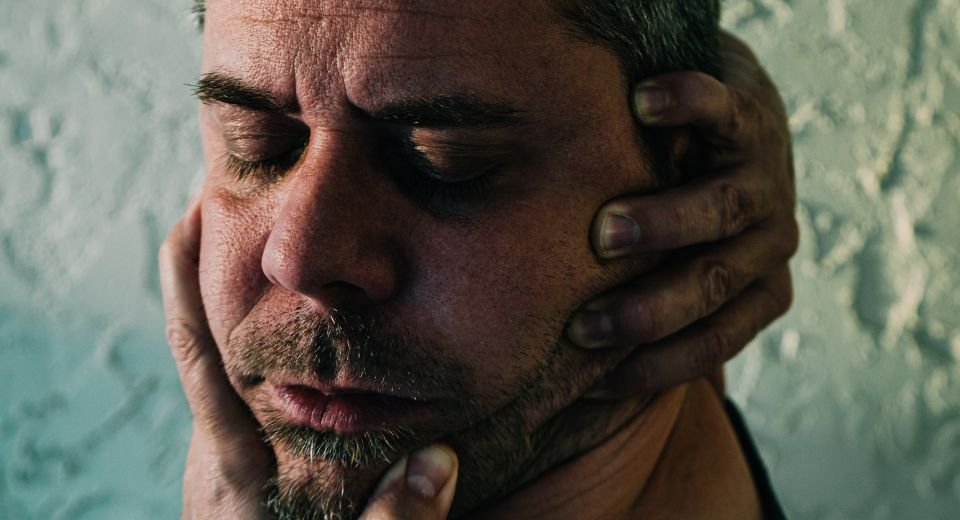By Aparna S
August 26, 2024: Societal stigma is a multifaceted barrier in the treatment and diagnosis of psychiatric disorders.
Deeply embedded in societal norms, it permeates every level of care, causing delayed treatment and poor quality of life for patients.
Persons with mental illness are often looked down upon and it is tough to reintegrate them to their premorbid life after recovery.
It is in this context, that we look at the recent revelation by a popular South Indian actor about his mental illness as a ray of hope.
He opened up about being diagnosed with attention deficit hyperactivity disorder (ADHD) while interacting with a group of school students in Kerala.
Bold move
Considering the societal stigma in this part of the world, this bold move deserves nothing less than a standing ovation and has earned an instant fan base.
Celebrity disclosure and endorsement of mental health issues have always been in the news, across the globe. Many Hollywood celebrities, politicians and monarchs have openly spoken about and endorsed public awareness about mental health.
In India, several Bollywood celebrities were vocal about the stages of clinical depression and anxieties they went through.
Indian society is still getting there, in terms of being inclusive of a family member or loved one who is psychologically disadvantaged.
A study conducted about stigma towards mental illness in South India revealed the prevalence of stigma at 74.6%. This was mainly in the areas of marriage prospects, caregiver burden and employment.
Better heard
Such is the discrepancy between reel and real. So do celebrity disclosures make a difference in mental health and society’s outlook on this matter?
Being popular means being louder. An actor, musician, sportsperson or politician opening up about his or her mental health is better heard than an ordinary individual.
This certainly is a heads-up in terms of spreading mental health awareness the lack of which, is a major reason for societal stigma. Celebrity disclosure brings about more positive health behaviours such as sourcing reliable information and help-seeking.
The portrayal of psychiatric disorders or persons with mental illness in media is often exaggerated, dramatic and unrealistic.
Definitive treatments for psychiatric illnesses like electroconvulsive therapy are shown as unscientific “shock treatment” which is far from the truth.
Such depictions are a major reason for unpopular public attitudes towards mental health issues.
Social modelling
A well-loved public figure opening up about his or her own experiences of mental health issues will disprove such stereotypes and establish the fact that diseases of the mind can happen, as much as that of the body.
Celebrity disclosure can also help change society’s view through social modelling. Seeing a celebrity with mental health issues, still admired and in good social standing leaves no chance for fears of the potential negative consequences of disclosure.
Although it brings about a lot of positive attention, there are some second thoughts.
Since celebrities are considered too “different” for the challenges of daily life, it could be difficult for their story to resonate with the general public. Hoping to reduce societal stigma by focusing only on such atypical groups can be counterintuitive or even cause negative stereotyping.
Pinch of salt
Source credibility and authenticity are other key factors regarding the influence of celebrity disclosure. The disclosures that reach the public through media are only diluted, superficial information.
This is a distraction from reality and leads to inferences that are far from the truth.
Celebrity disclosures are a big step in spreading awareness and reducing social stigma towards mental illness but has to be taken with a pinch of salt.
(Dr Aparna S is a consultant psychiatrist and an Assistant Professor at the Believers Church Medical College Hospital, Tiruvalla, Kerala. Views expressed are her own and not of an organisation or company.)









1 Comment